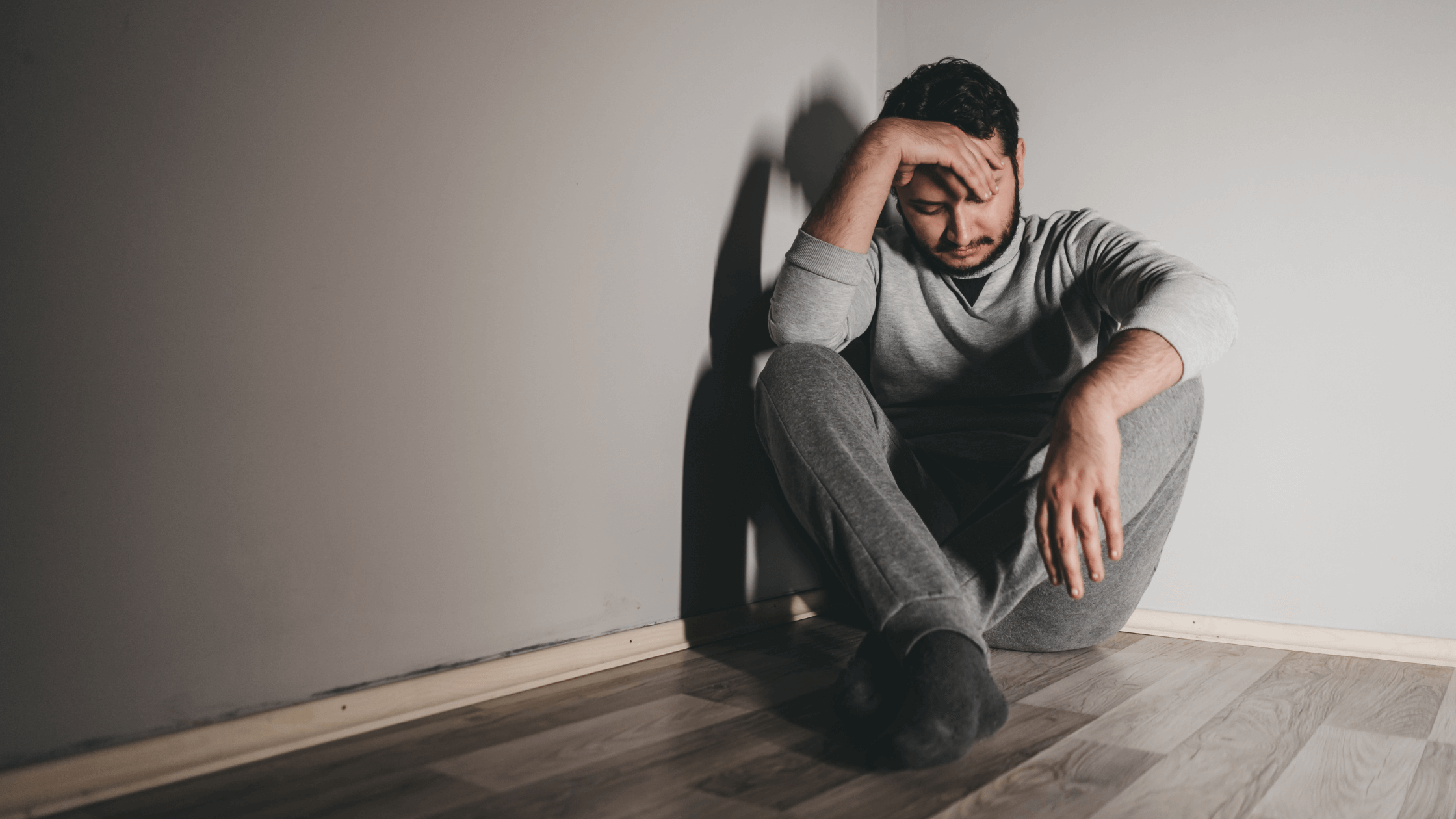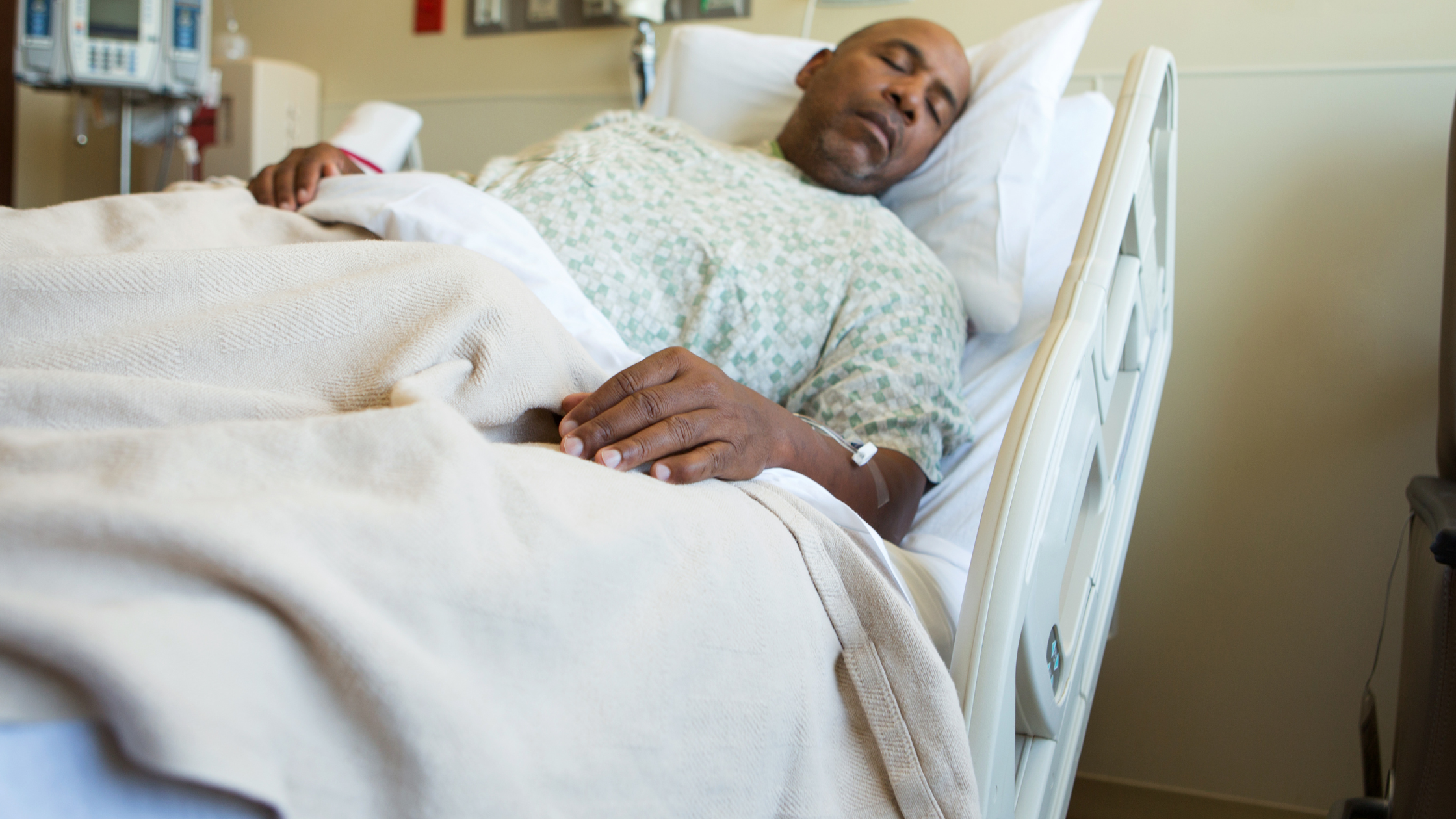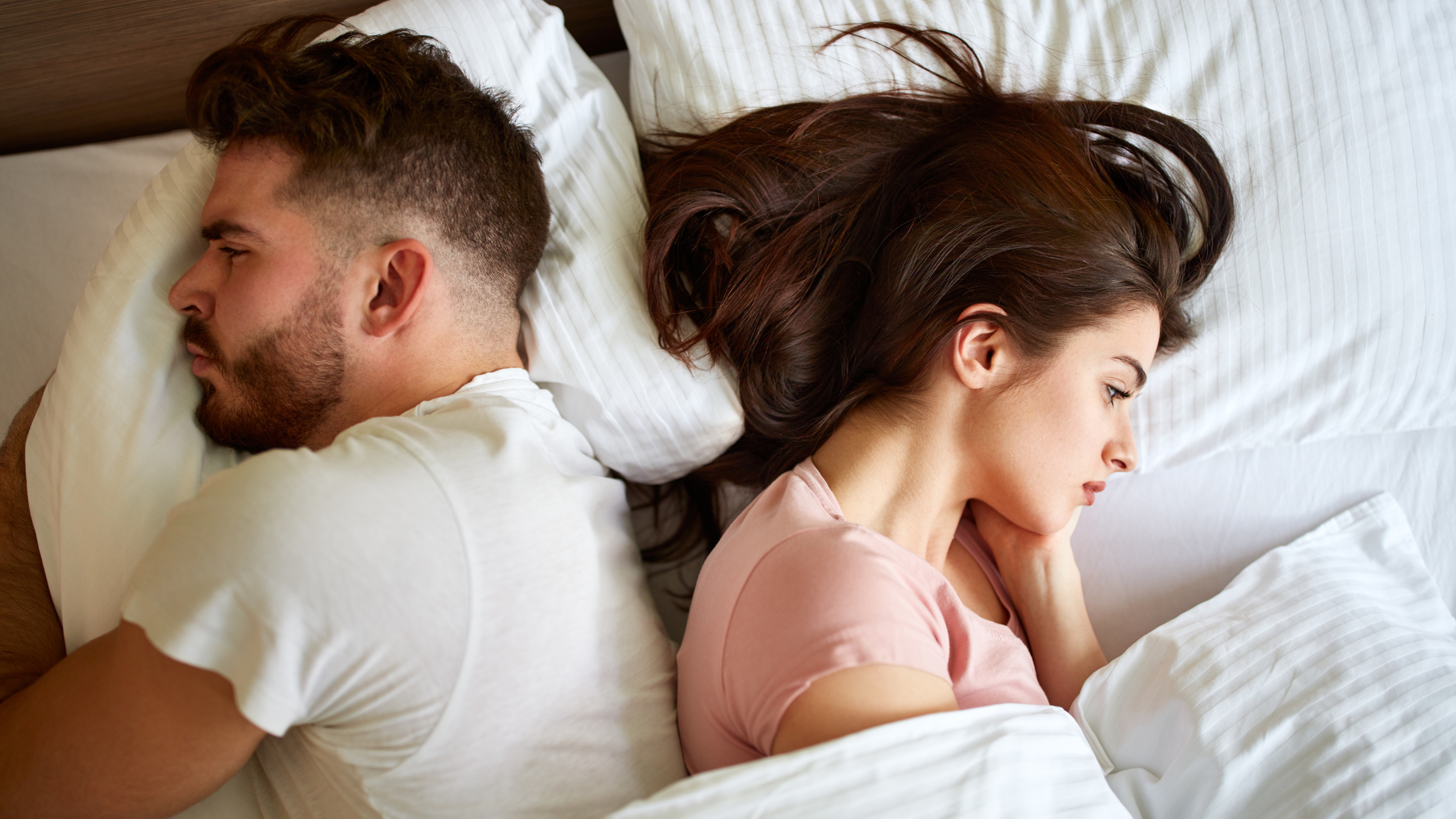05 Apr Breaking the Stigma: How Shockwave Therapy Can Help Men Overcome Psychological Barriers Associated With ED
Erectile dysfunction (ED) affects millions of men around the world. It's a common condition that can have a significant impact on a man's physical, mental, and emotional well-being. Men with ED often feel embarrassed, ashamed, or emasculated, which can lead to anxiety, depression, and relationship...










